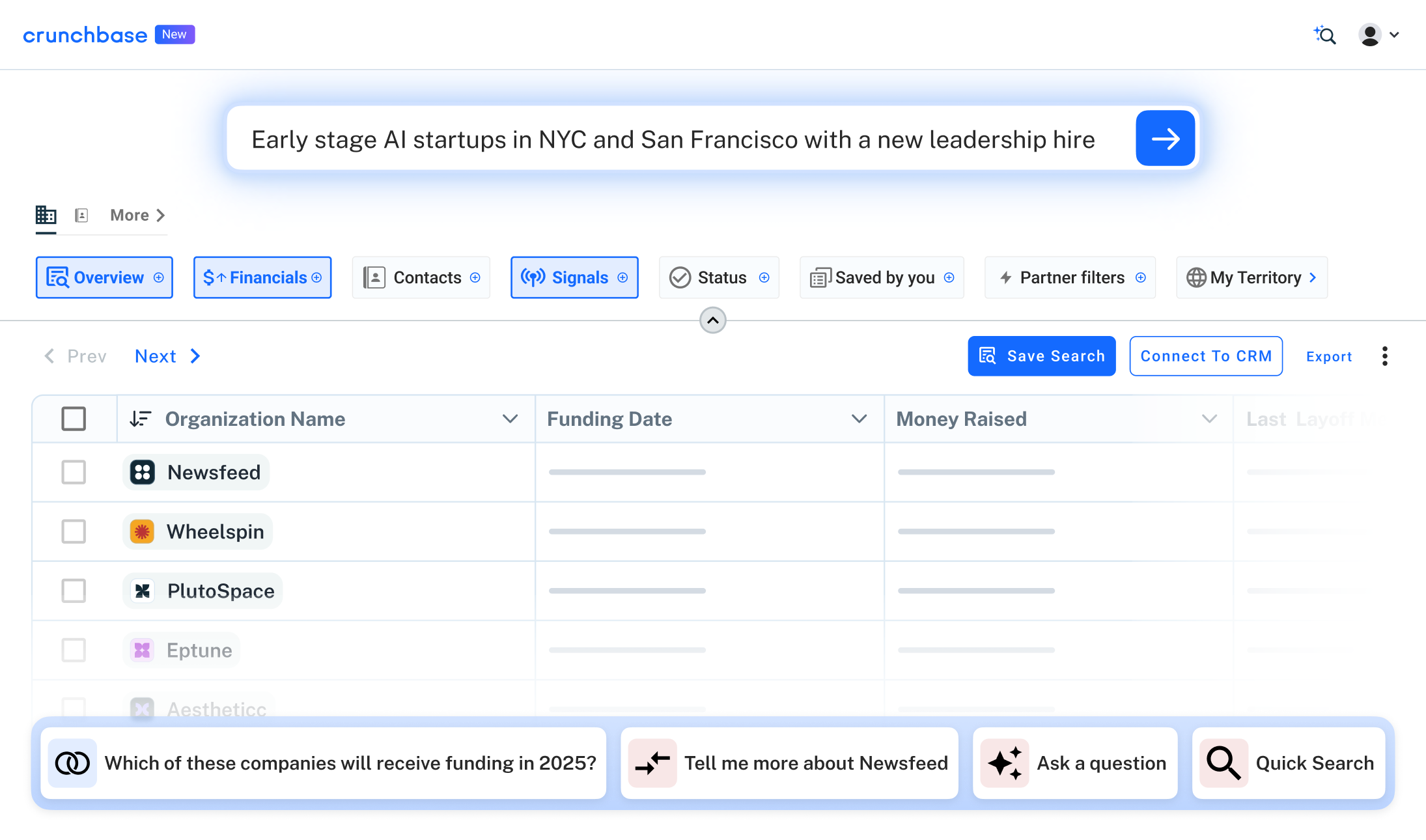When someone asks me about the defining roles that have helped me become a better entrepreneur, I point to being a “border town kid” and an academic. It’s an unusual combination and I’m probably post-rationalizing, but hear me out.
Starting from a young age, learning the tricks of a border town kid
Border town kids are those who spent much of their lives growing up in a town that is near the border of another country. Shenzhen, Hatyai, Tijuana, Gibraltar, Blaine and even islands that border other countries, all create border town kids.
Given the high levels of travel, trading and hustle that move through border towns, it makes sense that I have found similar characteristics in other entrepreneurs from border towns. They are quick to spot an opportunity, able to arbitrage, can craft a deal, and have smuggled at least one valuable thing across the border in their life. If manners maketh the man, then the border town maketh the hustler. My town is Johor Baru, which is the southern tip of Malaysia, just across a small body of water from Singapore.
I speak of the border town hustler in an attempt to redeem it from the bad press it has received as a “wheeler dealer” because I like to believe that many good entrepreneurs start from that role. Border town kids possess the ability to see an opportunity and how it can be leveraged for profit. Of course, being an entrepreneur is much more than that.
The undertaking of an enterprise–the etymological origin of the word entrepreneur–is a social process through which one would act on that opportunity, so I like to think that border town kids have an advantage as we start really young. My brother, for example, bought a pack of 10 rulers for 10 cents. He waited for kids in school to forget to bring theirs and would sell them one for 5 cents in the classroom. He was nine.
That said, the border town hustler skill is both a blessing and a curse. On the flip side, I’ve seen many who can’t (or won’t?) evolve that skill into building a business. Many would not give up the early gratification of “a deal” for a bigger prize later on. Perhaps it is because I saw it firsthand within my own family that I was more determined to hone the skill of being an entrepreneur. This led me to build businesses in the 80s and 90s. In fact, I previously grew my first business to $250 million annual turnover, and I still run a family office in Asia.
Applying key lessons learned as an established academic in a business world
Growing up as a border town kid was really formative in the early stages of my career. However, I wanted to more formally build on those skills to become a better academic and business leader. Eventually, I found myself working on complex service systems research in defense, which is where my interest in data came from. I researched and designed the coordination of “outcome based contracts,” such as flying hours of jets, or for every hour a plane is in the air working with BAE Systems and Rolls Royce. That research resulted in an appreciation for data used to coordinate different kinds of systemic outcomes. I wrote quite a few books and papers on it, but then I started to think about how data could coordinate at scale to solve some of the world’s thorniest system problems–from climate change to plastic usage–without putting consumer data at risk of being mismanaged or breached.
In the systems world, we often refer to these problems as the tragedy of the commons, where a shared resource system would result in self interest before the common interest. For example, if everyone was sitting at a stadium, you could stand up and have a better view. If everyone thought like you, then everyone would stand and we’re all back to square one. Data could really help coordinate these problems better, and when business leaders decide to leverage data ethically and transparently, it has the power to benefit company bottom lines, cultivate customer loyalty and ultimately benefit society as a whole.
But then, when I moved my research out of defense and into the consumer space, I realized we couldn’t create coordinating systems. This is because we didn’t have the ability to own our personal data or to be represented adequately on the internet to coordinate. It was someone else coordinating on our behalf on their platforms, be it Google, Facebook, etc.
As individuals, we didn’t have autonomy or freedom to contract directly with our data, making market design and coordination impossible. The border town kid in me spotted an opportunity to create something that could be transformative. I created an infrastructure for personal data banking that gives every individual a personal data account, allows them to legally own their data, and enables the data to become a unit of exchange.
Moving forward with ethical data
In 2021 and beyond, more businesses and governments will prioritize the use of data as an economic asset even as new consumer data privacy legislation continues to be introduced throughout the world.
Emerging technologies like Dataswift‘s will be introduced to give consumers ownership rights to their digital data and to exchange it for benefits. For today’s business leaders, having a foundational knowledge of the data economy and the evolving consumer privacy rights landscape will be critical in navigating the increasingly competitive business landscape.
Irene Ng is the CEO of Dataswift, a company that enables ethical, compliant and privacy-preserving data usage. Ng is a leading voice on personal data innovation and a market design economist, Turing Fellow, Senior Member of Wolfson College Cambridge, and Professor at the University of Warwick. She grew her first business to $250 million turnover, and runs a family office in Asia.
.svg)




.png)
.png)

